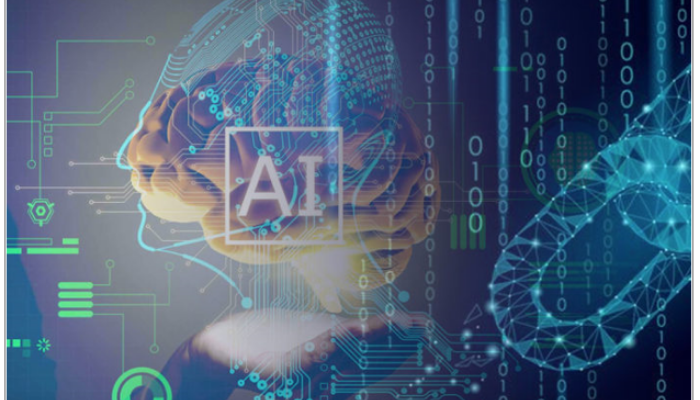AI and Sustainable Development: How to Ensure Positive Impact on Humanity
Artificial intelligence (AI) has become a key driving force behind innovation and technological advancements across various industries. As AI continues to evolve and shape our world, it is crucial to discuss and address its impact on sustainable development and its potential for positive change.

Sustainable development refers to meeting our present needs without compromising the ability of future generations to meet their own needs. It encompasses three interconnected pillars: economic growth, social inclusion, and environmental protection. AI has the potential to contribute significantly to these pillars but must be utilized responsibly to avoid negative consequences.
One important aspect of integrating AI into sustainable development is promoting ethical AI practices. This involves ensuring that AI systems are transparent, accountable, and unbiased. Transparency means understanding how AI algorithms make decisions and being able to explain those decisions to end-users. Accountability means holding AI developers accountable for the outcomes of their systems. Unbiased AI ensures that decisions made are fair and impartial, without reinforcing societal biases.
Another crucial consideration is the equitable access to AI technologies. AI should not exacerbate existing social inequalities but rather serve as a tool to bridge the gap. This means that efforts should be made to ensure that AI is accessible to all individuals, regardless of their socioeconomic status or geographic location. Providing training and education opportunities to marginalized communities can empower them to harness the benefits of AI and participate in its development.
Furthermore, AI can play a significant role in addressing environmental challenges. It can optimize energy consumption, improve resource management, and help mitigate the effects of climate change. AI-enabled systems can monitor and analyze data to identify patterns, forecast weather events, and guide decision-making for sustainable development practices. For example, AI can be utilized in precision agriculture, reducing the use of water and fertilizers while maximizing crop yields.
Collaboration and coordination between different stakeholders are vital for leveraging AI’s potential for sustainable development. Governments, private enterprises, academia, civil society organizations, and the general public must work together to create an enabling environment. This involves establishing policies and regulations that promote ethical AI practices, investing in AI research and development, and fostering innovation.
AI has the power to revolutionize sustainable development and improve the quality of life for present and future generations. However, to ensure a positive impact on humanity, it is crucial to integrate AI in a responsible and inclusive manner. By promoting ethical AI practices, ensuring equitable access, and addressing environmental challenges, we can harness the full potential of AI for sustainable development and build a better future for all.






No comments yet.